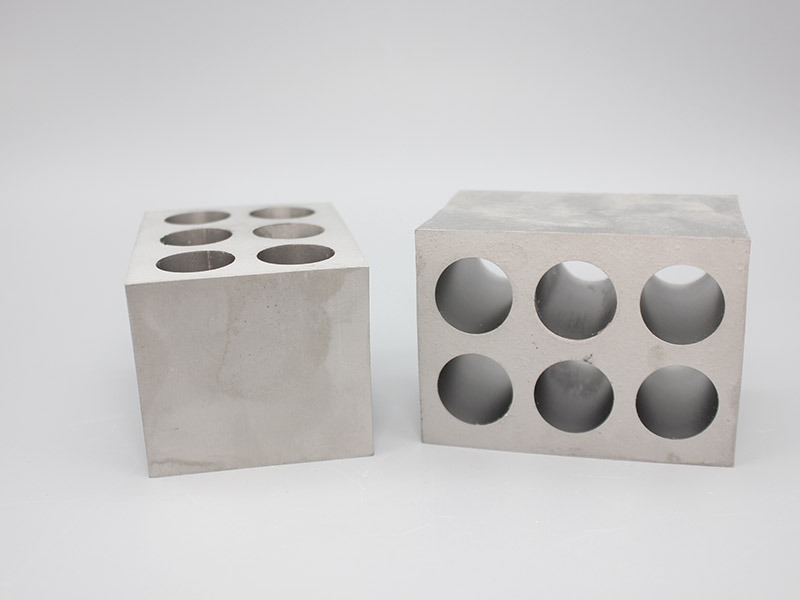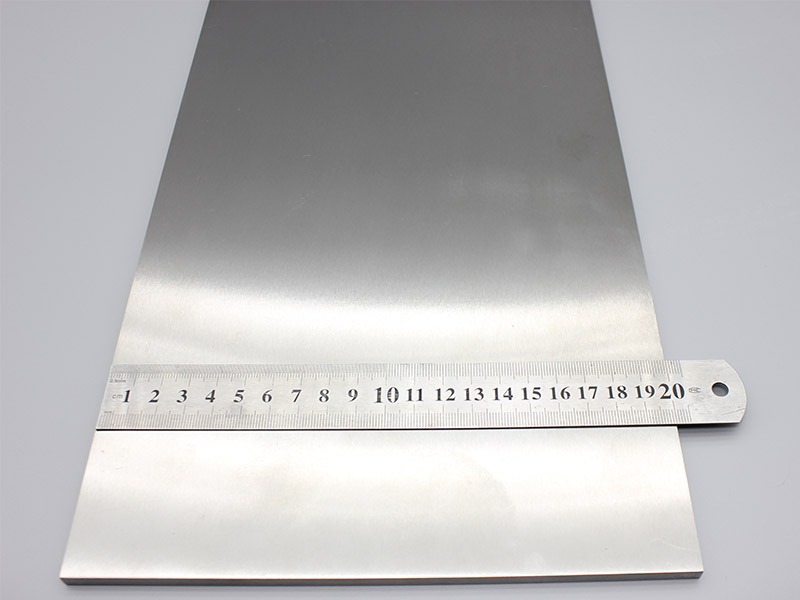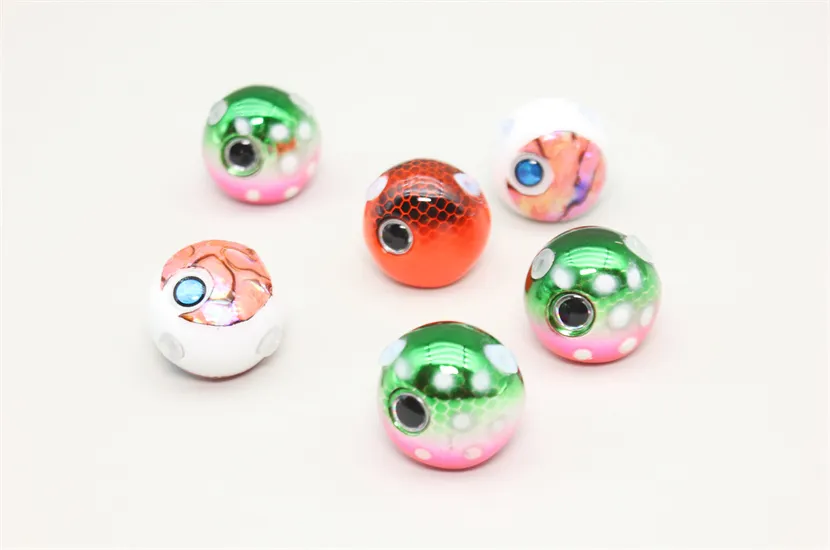Jiuding tungsten heavy alloy wires has become an important material in industries manufacturing compact and lightweight yet robust items. Its tensile strength and relative flexibility provide good performance in aerospace devices and instruments, where precision is paramount. The heat-resistance and low thermal expansion of the alloy facilitate operational precision while minimizing deformation. It is also considered a high-performance option in rotating machinery experiencing high energy-translation speeds and mechanical vibration.

Jiuding tungsten heavy alloy wires is growing in use in the automotive industry as precautions in crankshaft balancing, as a damping element, and for high-performance racing components. Its dense design allows for precise control of oscillatory rotational forces to enhance vehicle stability and overall engine efficiency. The material's durability in high-temperature and stress environments serves to maximize operational performance over the lifespan of the engine.

The future development of Jiuding tungsten heavy alloy wires will concentrate on higher thermal performance and greater sustainability in applications. It is expected that new production methods will reduce carbon emissions during processing, and innovations in micro-alloying will provide higher strength and fatigue resistance. Further incorporation into next-generation nuclear reactors and fusion will also continue.

The care process for Jiuding tungsten heavy alloy wires should consist of controlled cleaning; acceptably with detergents or alcohol-based solutions. Abrasive materials are discouraged, as these may modify the surface finish. If Jiuding tungsten heavy alloy wires are employed in high temperature operations, cooling over time is encouraged to prevent thermal shock which may affect structure.
Due to its adequate mechanical properties, in addition to its similarity to tungsten, Jiuding tungsten heavy alloy wires is made from tungsten in conjunction with nickel and iron to achieve both strength and ductility. It is often used as counterweights, kinetic energy penetrators, and for use in systems requiring precise balancing. The alloy is also stable when exposed to heavy loads ensuring an extended life of consistent service.
Q: What makes Tungsten heavy alloy essential in engineering applications? A: Tungsten heavy alloy is essential because of its exceptional density, hardness, and thermal stability, making it reliable for use in high-performance mechanical and structural components. Q: How is Tungsten heavy alloy produced? A: It is made through powder metallurgy, where tungsten powder is blended with nickel, iron, or copper and sintered at high temperatures to form a compact, durable alloy. Q: Why is Tungsten heavy alloy suitable for aerospace industries? A: Its superior weight distribution and resistance to thermal stress make it perfect for use in counterbalances, rotor systems, and aircraft control components. Q: Can Tungsten heavy alloy be machined easily? A: While it is very dense and hard, it can be precisely machined using specialized tools designed for high-strength materials. Q: In which fields is Tungsten heavy alloy commonly applied? A: It is widely used in defense, medical imaging, oil drilling, aerospace, and industrial balancing systems.
I’ve worked with Tungsten heavy alloy materials for years, and they never disappoint in precision or reliability.
I appreciate that Tungsten heavy alloy is non-toxic yet just as heavy and stable as lead — a smart upgrade.
To protect the privacy of our buyers, only public service email domains like Gmail, Yahoo, and MSN will be displayed. Additionally, only a limited portion of the inquiry content will be shown.
We are interested in tungsten heavy alloy cylinders for kinetic energy applications. Could you send ...
Could you provide your latest price list and production capacity for tungsten heavy alloy bars? We p...

Copyright © Zhuzhou Jiuding Metal Technology Co., Ltd. All Rights Reserved